Difference between revisions of "CSC103 Weekly Schedule 2013"
| Line 59: | Line 59: | ||
** Quick recap of Tuesday's lecture. | ** Quick recap of Tuesday's lecture. | ||
** A [http://cs.smith.edu/~thiebaut/videos/Charles_Babbage_and_his_Difference_Engine.flv movie on Babbage's] '''Difference Engine''' | ** A [http://cs.smith.edu/~thiebaut/videos/Charles_Babbage_and_his_Difference_Engine.flv movie on Babbage's] '''Difference Engine''' | ||
| − | * We continue counting in binary, then move on to simple additions in binary. | + | * We continue counting in binary, then move on to simple additions in binary, remembering first how we do additions by hand in decimal. |
| − | + | * Figuring out the value of a binary number: what is the value of 1110, for example? | |
| + | * ==> Main message: everything we can do in decimal we can do in binary | ||
| + | * Recap: | ||
| + | ** at some point in time, engineers had very fast electronic switches at their disposition in the form of transistors | ||
| + | ** mathematicians had shown that a binary system allowed the same quality of arithmetic as the decimal system. | ||
| + | * Comes Boole (1815-1864), and the boolean algebra (very soon we'll talk about Shannon, who linked Boole's work with binary arithmetic. More on that later) | ||
| + | ** Boolean assertions can be either '''True''' or '''False''' | ||
| + | ** new boolean assertions can be combined with simple ''operators'' to form other assertions that are also boolean and can only be '''True''' or '''False''' | ||
| + | ** The operators are '''AND''', '''OR''', and '''NOT'''. They are defined by '''truth tables'''. | ||
| + | ** Several examples to discuss in class: | ||
| + | *** Alarm system to go to CSC103 the right day at the right time | ||
| + | *** Alarm system to allow one to stay in bed during the weekend | ||
| + | *** True/False machine to pick ice cream | ||
---- | ---- | ||
* | * | ||
Revision as of 06:57, 5 September 2013
--D. Thiebaut 10:23, 1 April 2013 (EDT)
| Week | Topics | Reading |
| Week 1 9/3 |
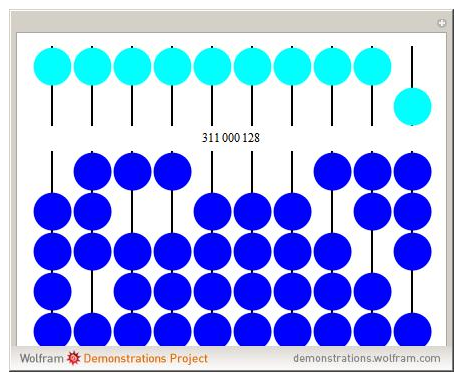
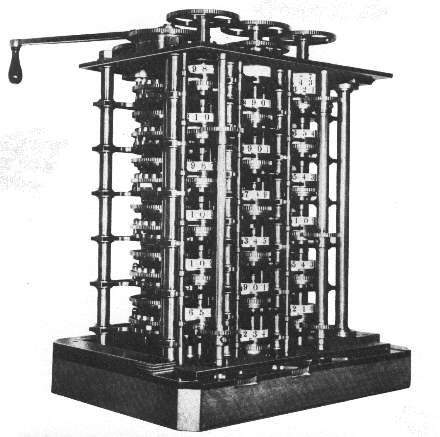
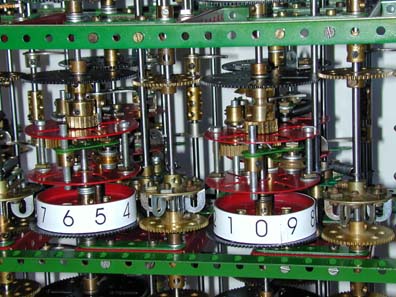
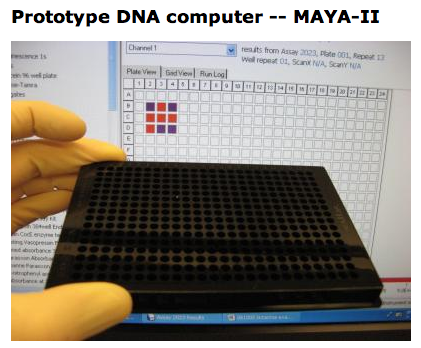
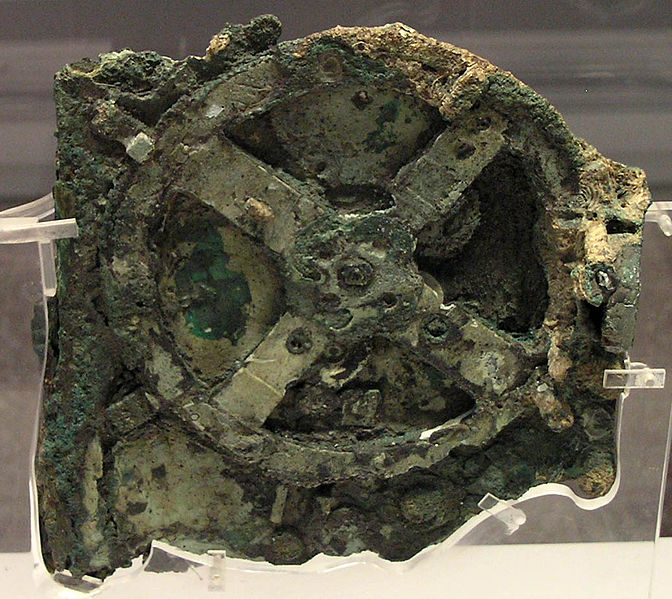 Antikythera mechanism, oldest computer
(start at 1min 47sec)
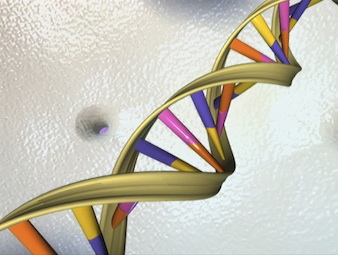 Harvard research: 1.8 zettabytes in 4 grams of DNA
|
|
| Week 2 9/10 |
|
|
| Week 3 9/17 |
|
|
| Week 4 9/24 |
|
|
| Week 5 10/1 |
|
|
| Week 6 10/8 |
|
|
| Week 7 10/15 |
|
|